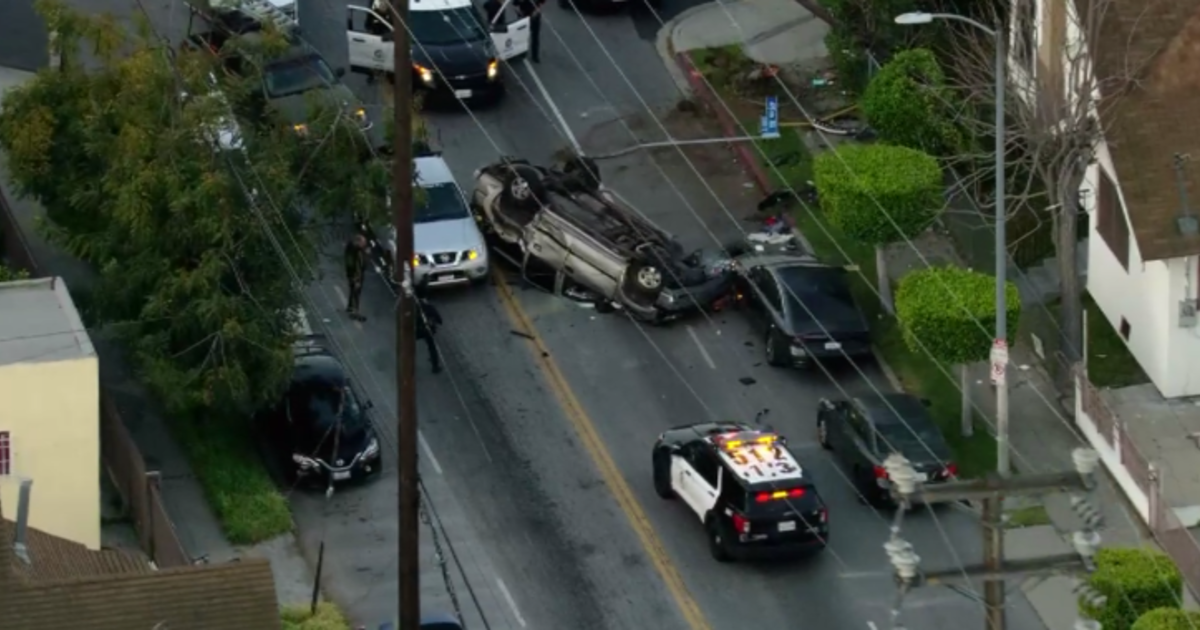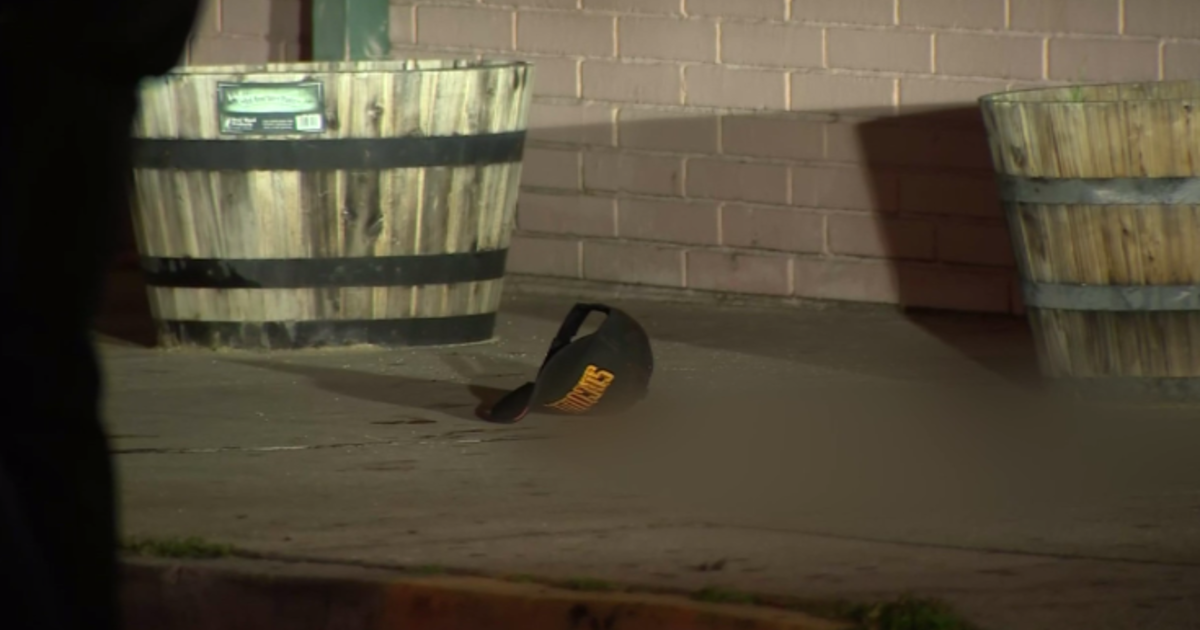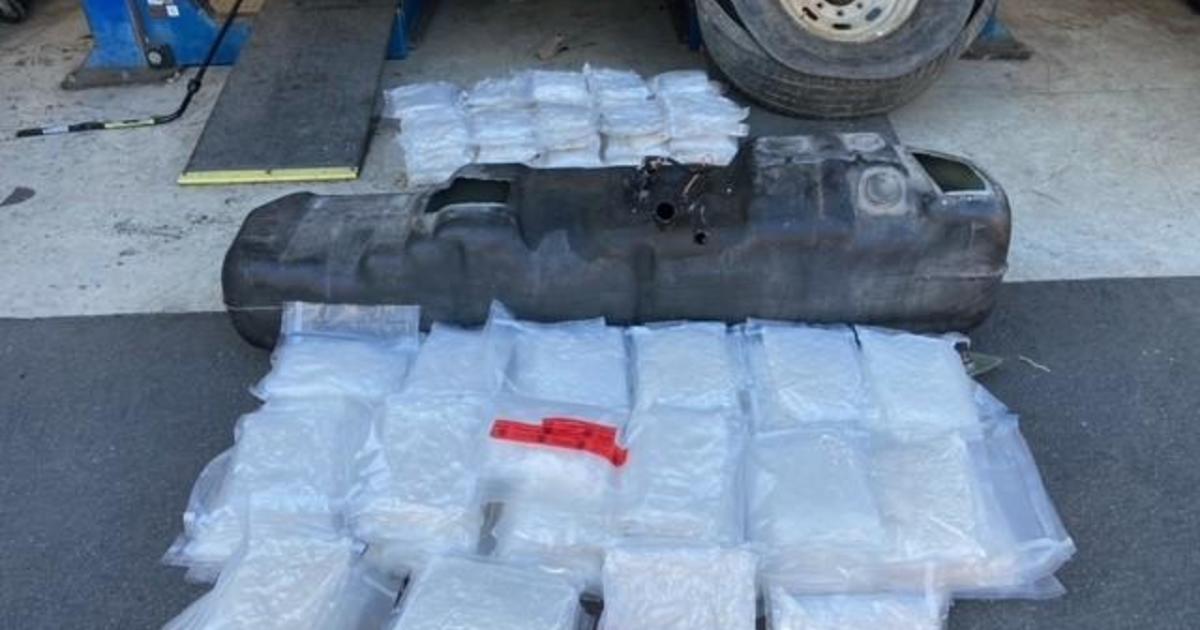Questions, Concerns Continue To Grow After Nearly 200 Patients Exposed To Superbug
WESTWOOD (CBSLA.com) — There were growing questions and concerns Thursday about the transmission of a superbug bacteria that was exposed to nearly 200 patients at the UCLA Ronald Reagan Medical Center.
Officials announced Wednesday that two contaminated endoscopes may have spread the carbapenem-resistant enterobacteriaceae, or CRE, bacteria during procedures that used the specialized scope to diagnose and treat pancreaticobiliary diseases. A total of seven patients were infected, two of whom died, and 179 others may have been exposed after having procedures between October and January.
The Food and Drug Administration issued a warning to hospitals Thursday stating that the contaminated medical instruments may not be possible to fully disinfect.
"They actually disinfected their endoscopes according to the book. They did it exactly right," William Schaffner from Vanderbilt University said. "They're going now the extra mile and doing even more elaborate disinfection.
Schaffner, who specializes in infectious diseases, says hospitals across the country are on the lookout for the superbug.
"It usually lives in the intestinal tract, and it is resistant to many many antibiotics, and that's why it makes it so fiercely difficult to treat," he said.
CRE germs are more deadly than the widely known superbug MRSA, according to authorities.
Officials say the UCLA Medical Center notified the Los Angeles County Department of Health and the California Department of Public Health in late January, as soon as they realized the equipment had been contaminated. They also claim the two scopes were immediately removed and additional decontamination procedures were put in place. Another five scopes have also been sidelined due to an abundance of caution.
During a Thursday afternoon news conference, Dr. Benjamin Schwartz of the Los Angeles County Department of Health said the outbreak of CRE does not pose a threat to the public.
Patients who were potentially exposed to the superbug, as well as the general public, did not find out about the infection until Wednesday.
"Some of it was a logistical issue, which was it takes a little bit of time to identify the patients who were at risk for the procedure," UCLA Ronald Reagan Medical Center Dr. Zachary Rubin said during the news conference. "What we have to do is really meticulously go through the patient charts and ensure that they were indeed exposed."
KCAL9's Kristine Lazar spoke with Dr. David Agus, an oncologist and CBS News contributor, who said the three-week delay was unacceptable.
"Who knows who those people who could be infected kissed, or potentially spread the bacteria to," said Agus, who also had doubts about the home-testing kits sent to those who were potentially exposed.
"It's like your insurance company after an auto accident sending you a can of paint, saying, 'Here, fix your car," Agus said.
Experts stress the bacteria is not often spread airborne but generally in healthcare settings through contact through contaminated instruments, bodily waste and open wounds.
Once the superbug enters the bloodstream, it is very difficult to treat, health officials say.
UCLA Medical Center said it began the process Tuesday of notifying patients who may have been exposed and were offering a free home-testing kit that would be processed at a hospital.



